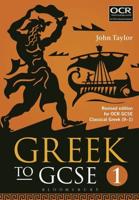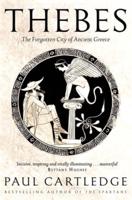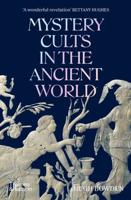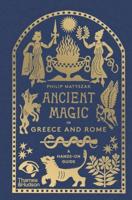Publisher's Synopsis
"The existing collection of the Hymns is of unknown editorship, unknown date, and unknown purpose," says Baumeister. Why any man should have collected the little preludes of five or six lines in length, and of purely conventional character, while he did not copy out the longer poems to which they probably served as preludes, is a mystery. The celebrated Wolf, who opened the path which leads modern Homerologists to such an extraordinary number of divergent theories, thought rightly that the great Alexandrian critics before the Christian Era, did not recognise the Hymns as "Homeric." They did not employ the Hymns as illustrations of Homeric problems; though it is certain that they knew the Hymns, for one collection did exist in the third century B.C. Diodorus and Pausanias, later, also cite "the poet in the Hymns," "Homer in the Hymns"; and the pseudo-Herodotus ascribes the Hymns to Homer in his Life of that author. Thucydides, in the Periclean age, regards Homer as the blind Chian minstrel who composed the Hymn to the Delian Apollo: a good proof of the relative antiquity of that piece, but not evidence, of course, that our whole collection was then regarded as Homeric. Baumeister agrees with Wolf that the brief Hymns were recited by rhapsodists as preludes to the recitation of Homeric or other cantos. Thus, in Hymn xxxi. 18, the poet says that he is going on to chant "the renowns of men half divine." Other preludes end with a prayer to the God for luck in the competition of reciters.












